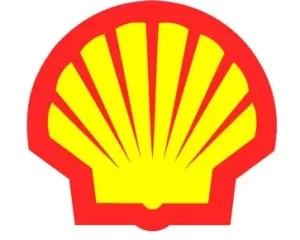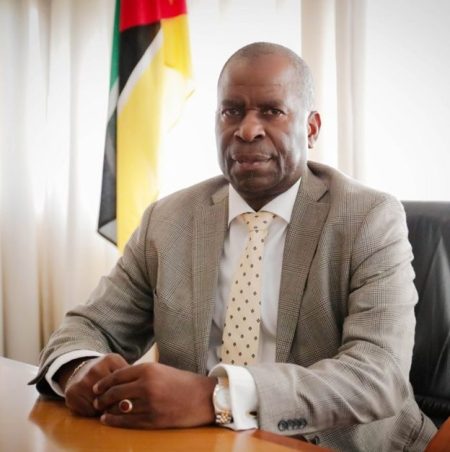 Houston — Shell’s ownership in Trinidad and Tobago’s Atlantic LNG facility will shrink, while BP and Trinidad’s state-owned National Gas Co will increase their stakes in a restructuring agreement to be signed this week, according to three people familiar with the matter.
Houston — Shell’s ownership in Trinidad and Tobago’s Atlantic LNG facility will shrink, while BP and Trinidad’s state-owned National Gas Co will increase their stakes in a restructuring agreement to be signed this week, according to three people familiar with the matter.
The new agreement would mark the end of five years of talks and pave the way for the largest liquefied natural gas (LNG) export facility in Latin America to return to full production. The first of four liquefaction trains has been idled since 2020 due to reduced gas supplies from Trinidad’s offshore fields.
Trinidad and Tobago moved to restructure Atlantic LNG after determining it was not getting enough revenue from the facility. The restructuring agreement will also keep a pricing scheme that was revamped in 2020 to generate more revenue for the government, Prime Minister Keith Rowley said late last month.
Energy Minister Stuart Young last week told parliament that the country was benefiting from the new formula that had earned an additional $2.5 billion since its implementation.
Under the present structure, Shell and BP respectively own 54% and 40% of trains 2, 3 and 4, while NGC has 11.1% of train 4, but no stake in Trains 2 and 3.
The agreement simplifies the project’s structure into ownership across all four trains, which effectively reduces Shell’s stake to 45%, and raises BP’s stake to 45% while NGC gets a 10% share, the sources said.
Atlantic LNG is a significant contributor to Shell and BP’s LNG portfolios. Last year, Shell’s share of the facility’s output was 4.4 million tonnes, or 15% of its global production. BP’s take was 3.4 million tonnes, or 18% of its global output, according to the companies’ annual reports and figures from Trinidad and Tobago’s energy ministry.
Shell declined to comment. BP said it will provide a statement once agreements are signed.
The new shareholding structure reflects the amount of gas each party will bring to Atlantic, the sources said.
BP has been the largest gas producer on the island, averaging last year, 1.2 billion cubic feet per day, according to energy ministry data.
Shell is expected to ramp up production in coming years with an additional 700 million cubic feet per day (mcfd) from its Manatee offshore discovery, expected by 2028, and a potential 250 mcfd in 2026 from Venezuela under a proposed agreement to operate the offshore Dragon gas field.
NGC is in discussions with Woodside Energy Group to bring gas from its 3.5 trillion cubic feet deepwater discovery, the people said.
If gas can be brought from Dragon, Woodside’s Calypso field and Manatee, then train 1 could be restarted, the people said.
In June, sources told Reuters that it would be restarted by the firdt quarter of 2027 after the restructuring. However that would depend on gas from Dragon, Manatee and Calypso, with Dragon now expected in 2026, Manatee in 2028 and no date determined for Calypso, the sources said.
As part of the restructuring, the parties already agreed in 2020 to calculate Trinidad and Tobago’s LNG prices from a mix of global oil benchmark Brent crude futures and three natural gas benchmarks – the Dutch Title Transfer Facility (TTF) in Europe , the Japan Korea Marker (JKM) in Asia and the Henry Hub in the U.S.
Prior to 2020, it had been based only on the Henry Hub price, said Rowley.
Reporting by Curtis Williams in Houston Editing by Marguerita Choy – Reutters



